CAFNR
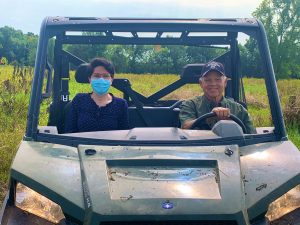
July 14, 2021
Q&A with Shirin Ghatrehsamani
What do you do in your current role with the University of Missouri? Extension plays a key role in disseminating research to individuals across Missouri so they can in turn make sound agricultural decisions for their operation. As an extension specialist of agricultural technology, my main responsibility is to inform producers, farmers, ranchers and researchers with varying levels of knowledge about up-to-date technologies and research. This education leads to agricultural efficiency and sustainability which increases profits while reducing our environmental footprint. How long have you worked in this position? I joined the MU Extension team in January 2020. This is…
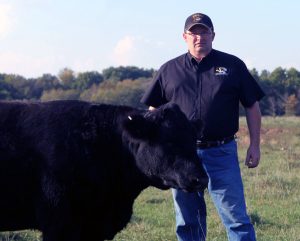
June 29, 2021
Q&A with David Hoffman
What do you do in your current role with the University of Missouri? I consult with livestock producers of all ages and all sizes of operations to provide unbiased, research-based information for their everyday questions or concerns that impact their business. This may be answering a single question, or providing continuous guidance to address a long-term issue. How long have you worked in this position? 25 years Livestock specialist David Hoffman viewing cattle during a farm visit (Photo provided by Hoffman). What is your favorite part about the work you do? My favorite part of the work I…
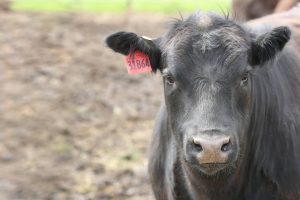
June 25, 2021
Supporting Future Scientists
Two postdoctoral fellows in the Division of Animal Sciences have received Lalor Foundation fellowships in the past three years.
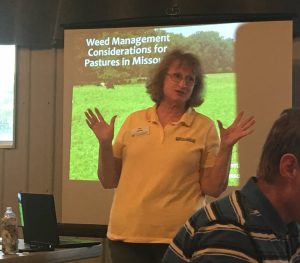
June 22, 2021
Q&A with Pat Miller
Miller is an Agronomy Field Specialist with Agriculture and Environment Extension Program.
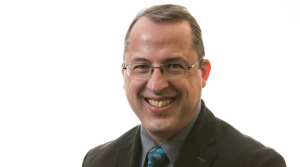
June 14, 2021
Assessing Fairness and Expectations in Agricultural Markets
Harvey James receives USDA NIFA grant to enhance the understanding of fairness in agricultural food markets.
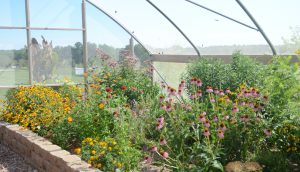
June 11, 2021
Science Night to Focus on Importance of Pollinators
Jefferson Farm and Garden will share information regarding pollinators during educational and scientific event.

June 3, 2021
Root Biology Never Sleeps
Two triennial events recently offered the root research community a closer look at projects from around the globe.
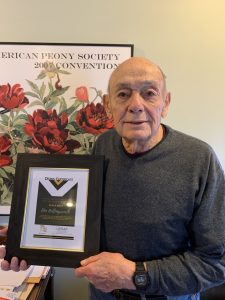
May 27, 2021
A Passion for Peonies
Don Hollingsworth's work with peonies has gained him international recognition.
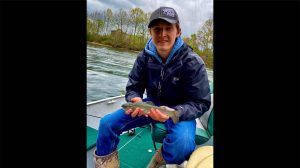
May 17, 2021
Q&A With Kyle Watkinson
Why did you decide to come to the University of Missouri and major in natural resource science and management? What do you enjoy about the program itself? The field of study? Having grown up in the Columbia area, the question “Where do you want to go to college?” has never been tough to answer. I am a legacy student who has been chanting “MIZ-ZOU” since preschool. As luck would have it, CAFNR offers one of the most high-quality educations in Natural Resource Science and Management in the nation! I developed a passion for the outdoors and conservation at a very…
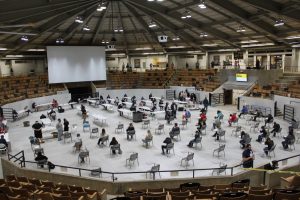
May 17, 2021
An important learning tool
While following health and safety protocols, CAFNR hosts in-person CDEs for Missouri high school students.